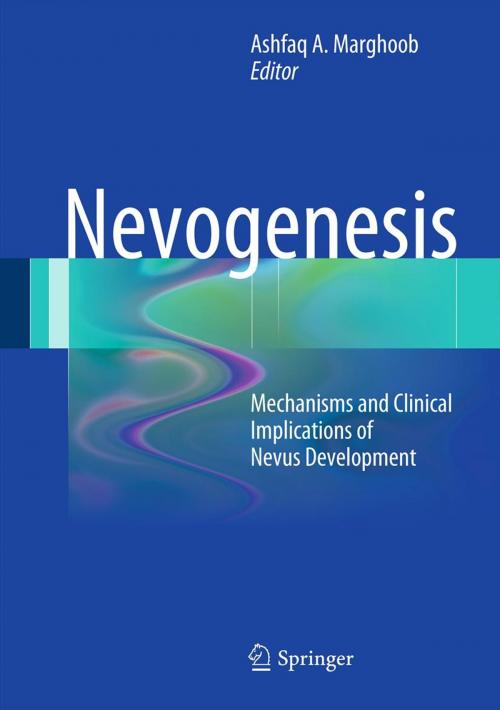Nevogenesis
Mechanisms and Clinical Implications of Nevus Development
Nonfiction, Health & Well Being, Medical, Specialties, Dermatology, Oncology| Author: | ISBN: | 9783642283970 | |
| Publisher: | Springer Berlin Heidelberg | Publication: | October 13, 2012 |
| Imprint: | Springer | Language: | English |
| Author: | |
| ISBN: | 9783642283970 |
| Publisher: | Springer Berlin Heidelberg |
| Publication: | October 13, 2012 |
| Imprint: | Springer |
| Language: | English |
The “Abtropfung” theory that nevi develop through the migration of nevus cells from the epidermis to the dermis prevailed for almost a century until the “Hochsteigerung” theory postulated the reverse pattern of migration. Most recently, however, new insights gained from epidemiology, cross-sectional and longitudinal studies of nevi, dermoscopy and confocal microscopy, and cellular and molecular studies have brought into question both of these theories. This book provides a comprehensive guide to current knowledge about nevogenesis by presenting these latest advances and in addition discusses issues yet to be resolved. It will assist practicing physicians in effectively managing patients with a variety of nevi and will also be of great value to researchers in the field. Importantly, since nevi are associated with an increased risk of melanoma, understanding nevogenesis may help to unravel some of the mysteries of melanomagenesis.
The “Abtropfung” theory that nevi develop through the migration of nevus cells from the epidermis to the dermis prevailed for almost a century until the “Hochsteigerung” theory postulated the reverse pattern of migration. Most recently, however, new insights gained from epidemiology, cross-sectional and longitudinal studies of nevi, dermoscopy and confocal microscopy, and cellular and molecular studies have brought into question both of these theories. This book provides a comprehensive guide to current knowledge about nevogenesis by presenting these latest advances and in addition discusses issues yet to be resolved. It will assist practicing physicians in effectively managing patients with a variety of nevi and will also be of great value to researchers in the field. Importantly, since nevi are associated with an increased risk of melanoma, understanding nevogenesis may help to unravel some of the mysteries of melanomagenesis.















